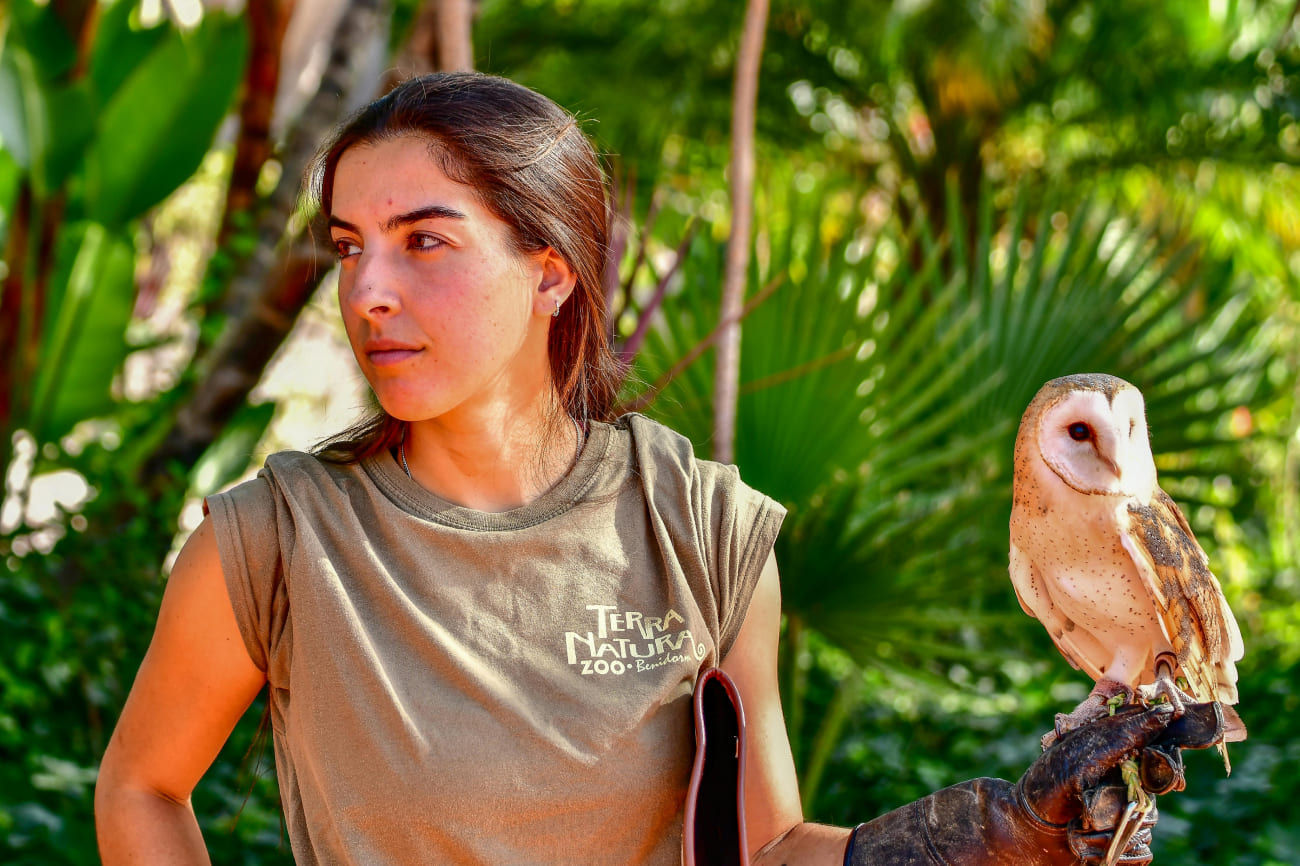You’ve worked hard to earn your zoology degree—congratulations! But now comes the big question: what’s next? If you love animals, are fascinated by wildlife, or are eager to turn your passion into a meaningful career, there are countless opportunities in the field of zoology. While you may be familiar with traditional roles such as a zookeeper, these 5 unique and unexpected zoology jobs may surprise you in many ways.

-
Wildlife Biologist
A wildlife biologist studies animals in their natural habitats, observing behaviors, populations, and ecosystem interactions. They conduct field research, track species, and analyze environmental impacts on wildlife. Additionally, they may contribute to developing conservation policies, regulations, and strategies to protect ecosystems.
Wildlife biologists often divide their time between outdoor fieldwork and lab-based research, depending on the nature of their projects. They collaborate with government agencies, NGOs, local communities, and conservation groups and often contribute to research institutes, national parks, and other organizations.
-
Marine Biologist
A marine biologist studies ocean ecosystems, including marine animals, aquatic plants, microorganisms, and the impact of human activities like ocean waste and pollution. They work in various roles, such as deep-sea exploration, conservation projects, endangered species monitoring, and scientific research, often contributing to environmental preservation and discoveries.
Marine biologists often embark on scuba dives and boat expeditions to gather data and later analyze it in the laboratory. They can also work as environmental consultants for government agencies, research institutes, aquariums, universities, conservation organizations, and private companies. However, their specific duties can vary depending on their area of specialization in marine biology.
-
Zoology Researcher
Zoology researchers study animals, their genetics, behaviors, and physiology. Their work often contributes to medical research, animal welfare, environmental conservation, and understanding of evolutionary biology, neurology, or ecology.
They can work in labs, conduct fieldwork, and hold positions in universities, biotech companies, and government research organizations. Additionally, with zoology majors, you can pursue careers in teaching, research, and various sectors related to biology and wildlife. However, some specifics, like job availability or focus areas, may vary depending on the region and individual qualifications.
-
Conservation Officer
Conservation officers, often called wildlife officers or game wardens, play a vital role in protecting our natural resources and ensuring the balance of ecosystems. Their duties include enforcing wildlife protection laws, monitoring and managing animal species, and actively combating illegal activities such as poaching, habitat destruction, and the trafficking of endangered species.
They often work outdoors in protected areas, conduct investigations, and sometimes engage in public education and advocacy. Their roles are typically associated with government agencies, wildlife protection organizations, and national parks.
-
Snake Venom Milker
One of the most unique zoology occupations is snake venom milker. These specialists extract venom from snakes to create antivenom, research toxins, and develop treatments for neurological disorders and blood clotting conditions.
The job involves working in specialized facilities, handling some of the world’s most dangerous snakes, and following safety protocols. It usually requires specific training and is offered by organizations such as pharmaceutical companies, medical research labs, and wildlife conservation centers.
Now you know that a zoology degree is much more than just working in a zoo! Your career could take you deep into the forest, into a research lab making groundbreaking discoveries, or even underwater, driving alongside marine life. Not just that, you might also find yourself handling venomous snakes or protecting endangered species—exploring the world in ways most people will never will. So, if your love for wildlife and science runs deep, this is your chance to explore these zoology jobs and leave your mark.
